When I submitted last week’s article, I told my wife I didn’t know what genre to write about next. She jokingly suggested:
Polka.
And I said, “Hmmm….”

She was born in Poland and emigrated to the US with her family when she was a young teen. They had heard a lot about the lights of New York City but weren’t really impressed when they finally got there.

Speaking very little English, they had no way of knowing they arrived in the middle of a blackout.
Her father played mandolin and once told me he knew two and a half songs. Back in Poland, he played those songs over and over at gatherings because they were all he knew. And people danced over and over.
When he sold his house a few years ago and came to live with us, we found an accordion.

He told us he hadn’t played it in years and he tried to at our urging, but his arthritis hurt him too much to continue.
So I inherited the accordion and took a couple lessons.
But, man, it’s hard.
You have to play piano with one hand, press buttons with the other, and pull and squeeze the bellows, all at the same time. It’s like simultaneously patting your head, rubbing your belly, and skipping rope.
So we have a familiarity with polka, though we’re not what you’d call fans. But at her silly suggestion I started looking into it.
And it turns out to be as interesting as any other genre, with its own evolutions and adaptations and oddities.
And it’s so flippin’ happy. Roll out the barrel, we’ll have a barrel of fun.
Polka comes from the area that used to be known as Bohemia.

A kingdom where the current day Czech Republic is but also includes parts of Poland and Germany.
Polka’s exact birthdate is unknown, probably sometime in the 1820s or 30s. It became popular in Prague in 1835, and in Vienna in 1839, and in Paris in 1840. Trends travel much faster now.
We don’t really know who invented it. We’re not even sure how it got its name.
“Polka” is a Polish word for “Polish woman,” but there’s a Czech word “pulka,” which means “half.” Polka music is in 2/4 or 2/2 time, meaning half as many beats per measure and in 4/4 (AKA common time). So maybe the count gave the music its name, or maybe the music reminded someone of Polish women.

There’s a story that a Polish or Czech woman named Anna invented some dance steps. Her boss saw her and took notes. Notes!
Today, it would have been a viral Tik Tok video. Anyway, the dance spread from town to town.
That story probably isn’t true.
Historians think the Polka dance came from the waltz. When the waltz was first introduced, it caused an uproar. Holding your partner so close? Scandalous!
Eventually, the furor died down and the waltz became part of polite society. Which meant polite society needed another shake up, so the music was changed from 3/4 to 2/4 and sped up. Dancers still held each other but they sort of hopped around the room.
“Pop culture loves to outrage the previous generation’s norms,” Rick March said.

He wrote the book “Polka Heartland.” “Predictably, the polka was condemned as licentious and horrible.”
Queen Victoria even forbade it from being performed in her presence.
We’ve seen this in many of the genres we’ve talked about here. Each new style is supposed to be the end of civilization.
But the kids – and it’s always the kids – ignore their parents and happily polka or jitterbug or twist the night away.
Civilization doesn’t end. It evolves.
TNOCs.com contributing author Bill “Kielbasa” Bois
Songs evolve, too. It’s hard to believe in today’s litigious atmosphere, but in past centuries, one could write new lyrics for an existing song and claim it as his own. This was especially easy if the new lyrics were in a different language.
In 1927, Czech composer Jaromír Vejvoda wrote an instrumental polka called “Modřanská polka,” which means “Polka of Modřany.”

Seven years later, Vašek Zeman wrote lyrics for the melody and called it “Škoda lásky,” or “Wasted love.” At about the same time, someone wrote German lyrics and named it “Rosamunde.” And then in 1939, it hit #1 on the Hit Parade in the U.S. with the title “Beer Barrel Polka.”
It evolved from an instrumental about a town outside Prague to a ditty about a big container of beer.
Instruments evolve into being, too. The accordion is often compared to the harmonica, but it’s a descendant of the sheng.
The sheng was invented in China over 3,000 years ago. It has several thin pipes, each producing a different pitch, and the player’s breath is directed into the pipes by placing fingers over a hole on each pipe.

The player holds the sheng so the pipes point up over his head, I presume to let the sound travel farther.
The sheng was first brought to Europe in the early 1800’s. Not so coincidentally, the accordion, the harmonica, and the reed organ were all invented shortly thereafter.
All four instruments make their sounds by forcing air over reeds that are fixed at one end and vibrate at the other as the air passes over them. The sheng and harmonica use lung power to move the air. The reed organ and accordion use bellows.
You can inhale and exhale through both the sheng and the harmonica. Likewise, you can open or close an accordion’s bellows to get the air flowing over the reeds.
In the 1860s, a man named Paolo Soprani improved the accordion’s basic design and started manufacturing them in Castelfidardo, Italy.

It was a hugely successful business and Castelfidardo is still the home of most of the world’s accordion makers.
Prior to the introduction of the accordion, polka was played on brass and woodwind instruments like clarinets, trumpets, trombones, and other instruments known in the classical orchestra. The saxophone was invented in the 1840s and took a while to get popular, but it eventually became a standard polka instrument, too.
Having said that, the accordion is the instrument most closely associated with polka. There are dozens of types and sizes of accordions, but the basic difference is whether the right hand plays buttons or a piano-like keyboard. If it’s buttons, the instrument is called a concertina. Proper accordions always have a keyboard. Either way, they’re both used in polka and many other genres.
All over the world, the accordion is considered a classical instrument. In the U.S. and Canada however, it has a reputation as less than serious.
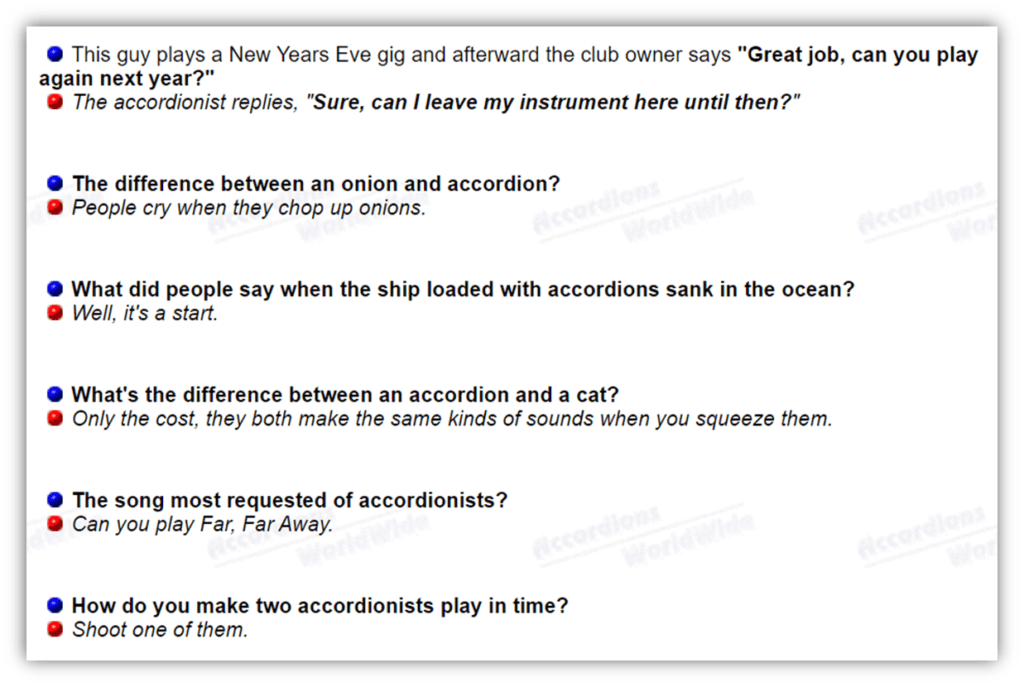
American accordion players make fun of themselves with jokes like: “What’s the difference between an accordion and a concertina? “
“An accordion burns faster.”
When immigrants brought the polka and the accordion with them to North America, something interesting happened.
Fads come and go and, let’s face it, genres are fads that eventually lose favor. That happens faster now. You may remember from previous articles that baroque lasted for a hundred and fifty years. Nü-metal lasted for five.
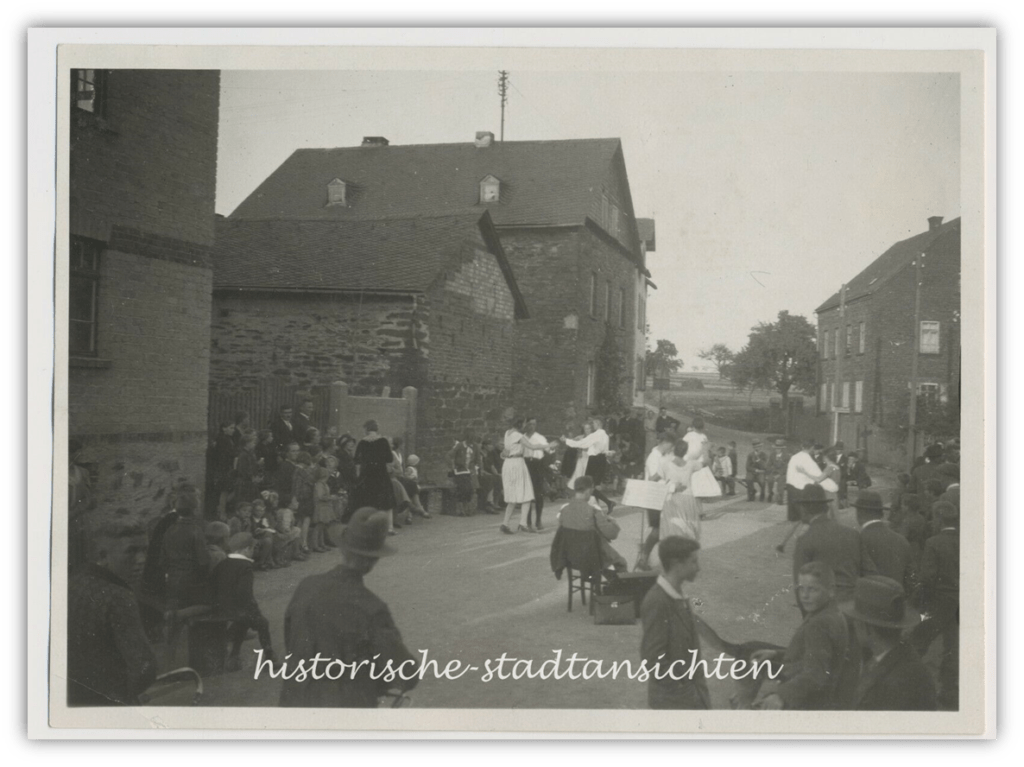
People who moved to America may have gotten homesick and played polka to remind them of home.
They passed it down to their kids and grandkids.
Meanwhile back in the homeland, the polka faded from popularity.
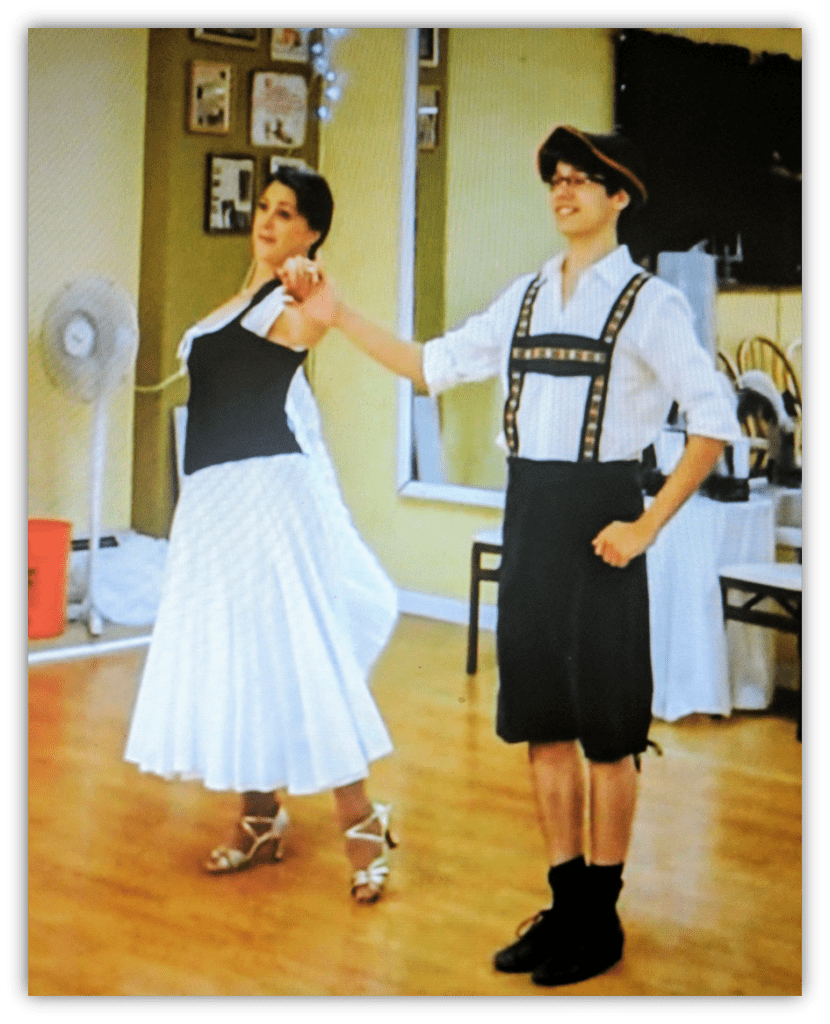
In Europe, it was a fad.
In America, it was a heritage.
As the polka craze grew across Europe, each region developed its own variations.
These varieties came to America. These are pretty slight and sometimes only true aficionados can tell them apart, but the differences are:
- The Polish version around New York and Chicago tends to be loud, with electric bass guitar and full drum sets.
- The Slovenian style in the Cleveland area has tinges of jazz.
- Wisconsin and Minnesota have the German “oom pah” beat, where the bass emphasizes the 1 and 5 of each chord.
So many Germans moved to Wisconsin that the polka is the State Dance. (Of the 30 states with official State Dances, 21 have the square dance. Only Wisconsin has the polka, and only Hawaii has the hula.)
Germans moved to Texas and Mexico, too, and you can hear it in the music. Not that the Mexicans and the German-Americans socialized. They didn’t, really. But music travels through the air and can influence people from a distance.
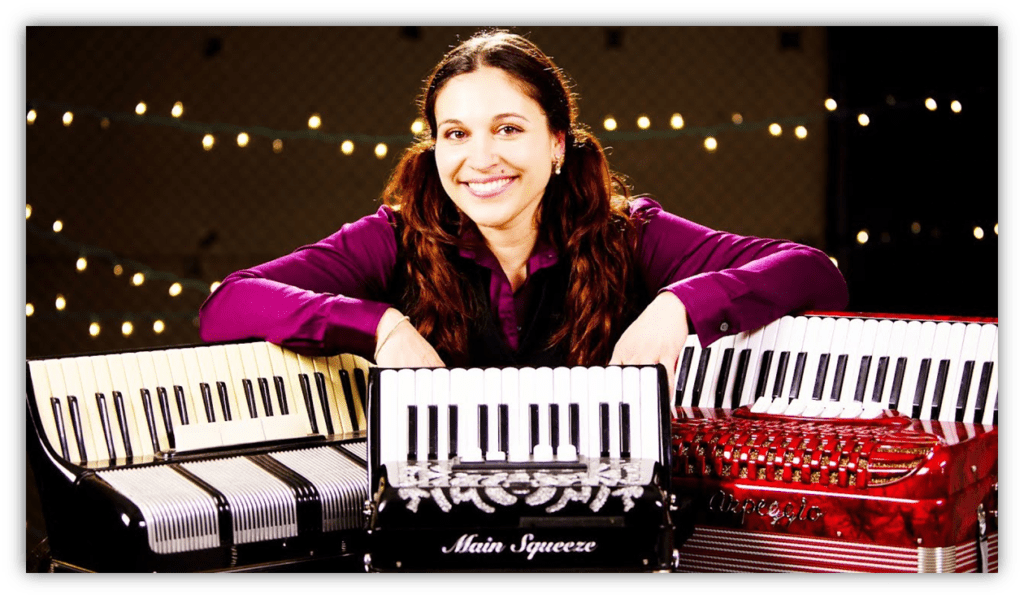
And anyone can buy an accordion.
It’s the German polka influence on traditional Mexican music that gave us tejano, norteño, and a full blown Mexican polka genre.
“Beer Barrel Polka” was not the only polka to do well on the charts. Frank Yankovic’s “Just Because” sold a million copies, and was covered by both Elvis Presley and Paul McCartney. Yankovic is no relation to “Weird” Al Yankovic, but they’re both excellent accordion players and have each sold an awful lot of records.
Frankie Yankovic earned gold records for “Just Because” and “Blue Skirt Waltz,” though the awards themselves were lost in a 1970 house fire. He was known as “America’s Polka King” for many years and won the first Grammy for Best Polka Album in 1986.
The Grammys discontinued the Best Polka Album category in 2009. But in those 24 years, Jimmy Sturr won it outright 17 times and tied once.

He’s the most popular polka artist currently and if you have RFDTV, you can catch his weekly show tonight at 7 Eastern/6 Central.
And everyone across the country was exposed to polka through a different television show that ran, in one form or another, from 1951 to 1982.
That was, of course, “The Lawrence Welk Show.”
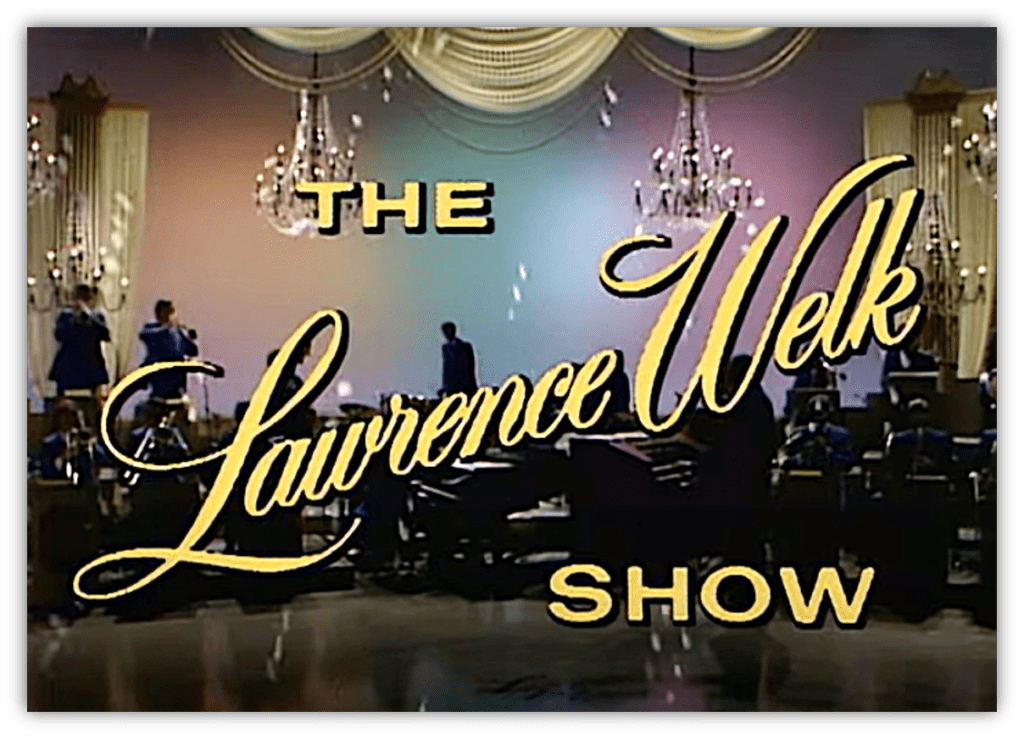
Welk and his various accordionists, Myron Floren chief among them, brough polka into the homes of all our grandparents.
We kids didn’t like it.
Or at least we pretended we didn’t, because Lawrence Welk wasn’t cool. But when we’re at wedding receptions, we can’t help but have a good time when someone plays “The Chicken Dance.”

“The Chicken Dance” was written in the late 1950s by Werner Thomas as “Der Ententanz,” which translates as “The Duck Dance.” The song became very popular and new lyrics were written by many people in many languages.
In 1981, a band in Tulsa, Oklahoma wanted to spice up their performance with a duck costume. The rental shops in town, however, didn’t have any duck costumes, but they did have a chicken costume. That’s why we know it as “The Chicken Dance” now.
Polka is alive and well, though some older fans think it may be starting to fade.
It’s continued this long, in part, because it’s so family friendly. Polka dances are open to everyone. They’re often in the daytime when kids are still awake.
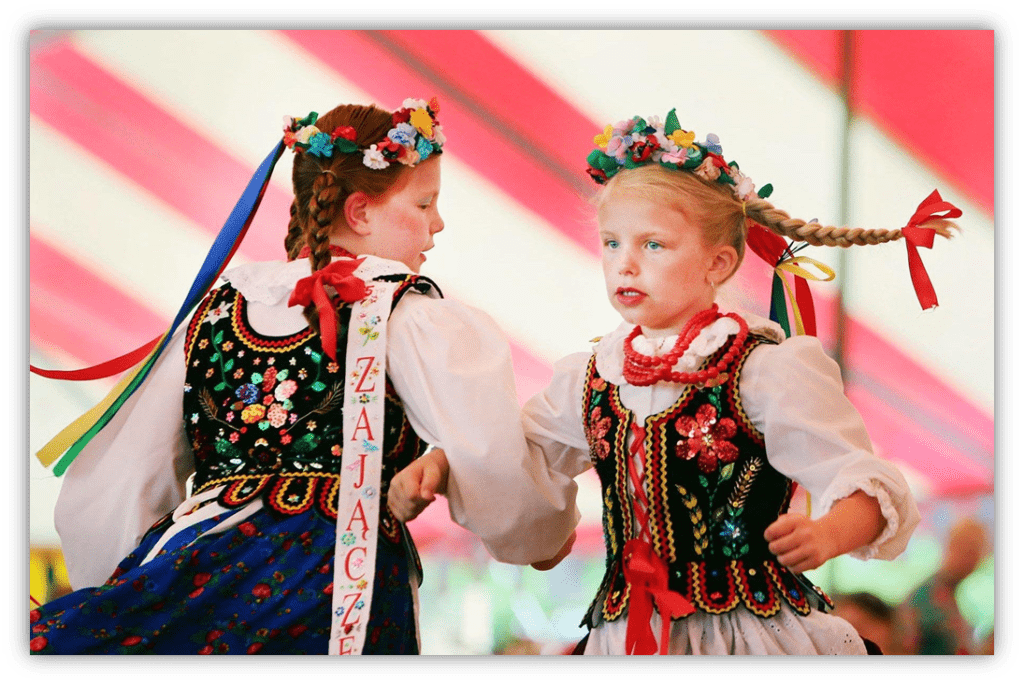
And, c’mon, kids love happy music.
Children raised with polka festivals will keep going for the rest of their lives, no matter how goth they get in their teen years.
While polka hasn’t changed much, some artists combine it with other genres. Brave Combo has won a couple Grammys doing just that, and bands like Winzige Hozen and The Dreadnoughts drive purists crazy by taking polka into punk territory.
It’s hard to say where polka is going from here.
But it’s not going away.
For as long as there are Czech weddings and Polish church suppers, there will be polka.
Roll out the barrel:
We’ve got the blues on the run.
Suggested Listening – Full YouTube Playlist

Champagne Polka
Johann Strauss
1858

Beer Barrel Polka
Glahe Musette Orchestra
1939

Minnesota Polka
Six Fat Dutchmen
1947

Just Because
Frankie Yankovic
1948

12th Street Rag
Lawrence Welk and Myron Floren
1955

The Laughing Song
“Whoopee” John Wilfahrt Orchestra feat. Don Burghardt
1963

Who Stole The Keeshka?
The Matys Bros.
1963

Viva Seguin
Flaco Jimenez
1973

Ay Te Dejo En San Antonio
Texas Tornados
1990

In Heaven There Is No Beer
Frank Yankovic
1993

Pennsylvania Polka
Jimmy Sturr
1999

Polka Power
“Weird” Al Yankovic
1999

Apple Peaches Pumpkin Pie
Brave Combo
2000

Polka Never Dies
The Dreadnoughts
2010

She Broke My Heart In Three Places
Steve Solkela’s Overpopulated One Man Band
2023
Let the author know that you liked their article with a “Green Thumb” upvote!


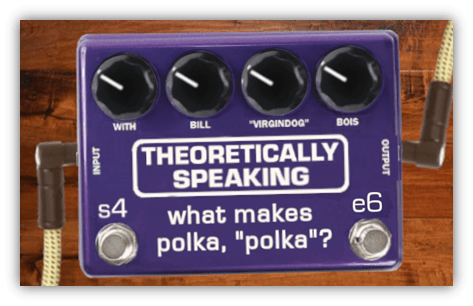
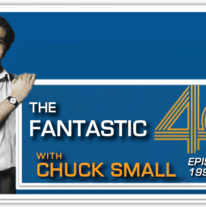
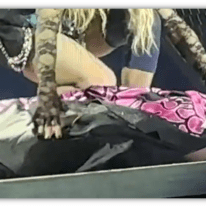
You didn’t lie — reading this put a big old smile on my face. I’m of Italian and German heritage, but my mom’s foster family was Polish, and many of my high school friends are as well. (Side note: Polish weddings have the absolute best food.) My favorite line of yours: “The Polish version around New York and Chicago tends to be loud …” Great job!
Ohh, so I’m not crazy! I always thought the sheng (or “shou” in Japanese) sounded like an accordian, but as I always heard it mixed in with other instruments, I figured I was mistaken.
Just wondering, what type of polka is this?
https://www.youtube.com/watch?v=zhrGspR0yQo
Alt Cabaret Polka?
Playing the accordion is a workout. I prefer the concertina, it’s a little easier.
Well that was unexpected. All bets are off on where we go next.
Fair to say Polka hasn’t had much impact over here. Then you mentioned the chicken song which I realised is what we know as the birdie song – duck / chicken / birdie, your mileage may vary. A #2 hit for The Tweets in 1981. Which probably sums up what polka means here for most, if they even recognise the term; a novelty.
Reading about the music and what polka translates as did make me wonder where the term ‘polka dot’ comes from. According to the Oxford English Dictionary; due to the popularity of the dance polka was prefixed as a trade name to articles of all kinds.
Great stuff!
This made my day, Bill. What a great article! Here’s my favorite line:
Children raised with polka festivals will keep going for the rest of their lives, no matter how goth they got in their teen years.
I’ve noticed that when a soundtrack wanted to sound European in the mid-20th century, they threw in an accordian (see Mancini’s The Pink Panther soundtrack). It definitely was used in classical music of a European flavor.
I can’t help but think of John Candy’s cameo in Home Alone, as Gus Polinski and the Kenosha Kickers!
https://www.youtube.com/watch?v=_TzKL5q-Re8
I used to drive my family crazy watching “The Big Joe Polka Show” on cable. They rightly pointed out that I don’t really like polka music at all. But what I am totally fascinated by is people doing what they love, even when it is not very popular, or, sometimes, a cause for ridicule.
Because of this, I have been riveted by curling matches, as well as my latest semi-obsession, Irish road bowling. Perhaps this stems from helping my aunt every Easter as she made panoramic sugar eggs, which she gave away to people who really didn’t want them. But they loved her, so they accepted them with good grace. Whatever the reason, I am always down to watch someone doing wood carving with a chain saw, clogging competitions, or quidditch matches. Throw in an over-priced beverage and some form of fried dough, and I’m in heaven.
The Pulaski Polka Days festival is coming up in July. Road trip!
Sounds like fun! If it’s in Tennessee, I’m sure there will also be fried dough available.
Not Pulaski, TN, I’m afraid. It’s in Pulaski, WI, just north of Green Bay. Serious road trip!
Maybe one for a future year. Wisconsin also has extremely high odds of the availability of fried dough.
Loved this article, don’t have much comment except it leads me to ask:
What makes Klezmer, “Klezmer?”
Big style points, Eric- J. Well played!
Hmmm. I haven’t researched this but I think it’s polka with an emphasis on clarinet and/or violin rather than accordion.
Meanwhile back in the homeland, the polka faded from popularity.
In Europe, it was a fad.
In America, it was a heritage.
For sure! My wife was born and raised in Poland. She had never heard of the polka until she emigrated to the U.S. when she was in her early 20s.
She quickly learned it, though, as did everybody in her family that came here. We definitely had the deejay play one at our wedding reception, and everybody from both her side and my side and in between was on the dance floor.
You mentioned the jazzy Slovenian style of polka. I experienced that first hand. I am half Slovenian. My wife and I were in Edmonton, Canada a few years back and had an opportunity to meet my mom’s cousin and his wife, who took us to a Grape Harvest dance at the Slovenian-Canadian hall. We had such a great time, and I did notice that the polka band that was playing sounded different than what I was used to hearing in Chicago.
Oh, and don’t get me started on the Polka Mass! Yes, that is a thing, expecially with Slovenians!
Great article, v-dog!!!
Great (and surprising) entry! A few thoughts:
When my friends and I went to Punxsutawney for the “Philennium” (02-02-02), we brought the soundtrack for the film and played in CONSTANTLY.
The first night, we were heading into town (our hotel was in DuBois), and there was a detour. We pulled over to ask the police officer for directions, and I quickly put the song on quietly as my friend asked.
Well, you go down this road, and when you get to Chet’s gas station, make a right….
I couldn’t help myself. “Excuse me officer…who is ‘Chet'”?
He leaned into the car window, heard the music and responded, “Y’all not from around here, are you?”
The last night in town, we went to the “dance club”, and we asked the DJ to play “Pennsylvania Polka”. He refused us repeatedly, and finally admitted: “I don’t have it – but if you guys have it on you, I’ll play it.”
We did.
He did…and it was glorious. We didn’t know how to polka, but we knew how to Mummers Strut.
There are pictures…which I can not find.
How funny, we both mentioned the Mummers!
About the same time I told myself I was going to learn how to spell Schuylkill correctly because I saw some news crew on TV asking people on the streets of Philly to spell it and no one could and I was determined to NOT be one of those people (I was, like, 5)… I decided I would nail down my mummers strut. These are important things as a kindergartner apparently. 🙃
Check it out, here’s the Ferko String Band playing Dem Golden Slippers (official theme to The Mummers Strut for y’all non Philly folks)
https://m.youtube.com/watch?v=x0bLGEDY2NA
If you’re tired of “Hey, Jude” due to unimaginative radio programmers, maybe hearing The Beatles’ classic interpreted by Tiny Tim and Brave Combo will recapture the feeling you had the first time you heard it.
I bought Girl. That’s what I miss about Tower Records.
The unplanned purchase.
Awesome write-up, Bill.
And bonus points to AI Morgan Freeman. I’m still chuckling.
This is well outside my wheelhouse, though I did dance some polka when I was 7 in Helen, Georgia. However I am slightly familiar with Flaco Jimenez from his collaboration with the Mavericks.
https://youtu.be/tYyg21lRAs8
Jimenez is also in the Texas Tornados with Freddy Fender, the man who makes Tom Breihan cry in Home Depot.
No specific notes other than to say how much I’m loving this series of articles – keep going!! Do New Wave! Do Industrial! Do Techno!
“I want more!”
Goth.
Got new wave covered. I touched a little on techno in the electronic music article but it’s worth a full one, as are goth and industrial. We’ll get to them but, I’m only one man! 😀
Oh, wow – totally missed the New Wave article – will get to reading that one now.
It never ceases to amaze me each week how many musical genre’s there really are. “OH yeah, we haven’t talked about THIS yet!”
I grew up thinking polka was a common and popular style. My great grandma was German and loved Lawrence Welk. She had sooo many 78’s of Big Band and polka music that she enjoyed playing – Pennsylvania 6-5000 and Pennsylvania Polka got a lot of plays. She obviously loved being a Philly resident, lol. If I was staying at her house on the weekends, it was mandatory that Lawrence Welk was on the tv. In Philly, there was also an organist who had his own show after Welk, Larry Ferrari, so it was always a double feature for her.
Not to mention the 100+ year old tradition of the Mummers parade:
https://en.wikipedia.org/wiki/Mummers_Parade
I was devastated as a 10 year old realizing I couldn’t play trumpet in a string band, because dur, they are a String Band, not a brass band. But accordions are quite popular in those groups also.
This was a fun read VDog, thank the Mrs for the suggestion!
Oy vey.